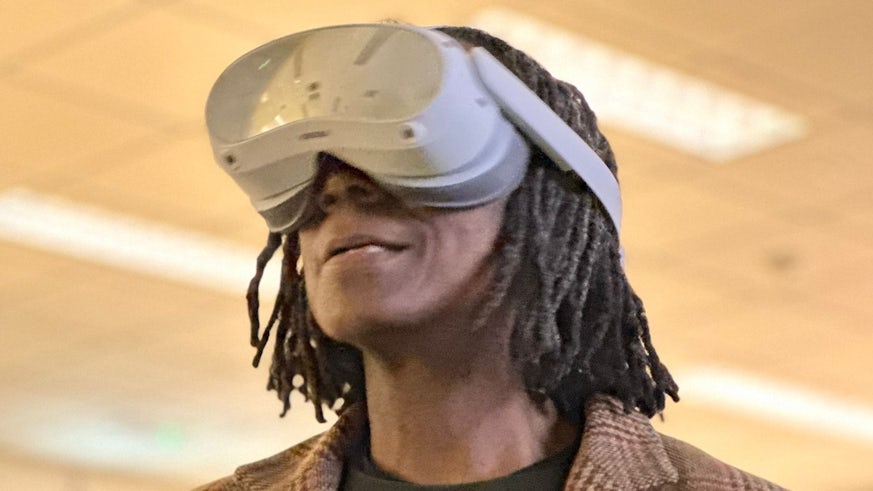Collecting, communicating and preserving our historical legacies
21 March 2024

How do we collect, communicate and preserve our historical legacies? This question was at the heart of History and Archives in Practice.
History and Archives in Practice (HAP) is an annual event run in partnership with The National Archives, Royal Historical Society, and the Institute of Historical Research. For the first time these national organizations came together in Cardiff, working with History and Special Collections and Archives at Cardiff University to host an exciting day of workshops and panels.
A culmination of months of planning, HAP24 welcomed over 110 participants from across of the UK to Cardiff University to have a conversation about how museums, archives and historians can come together to think about the legacies of people and places.
With representations from Amnesty International, Kew Gardens, the National Trust, Islamic Relief Worldwide, National Windrush Museum, Museum of the Home to name but a few, researchers, archivists, charities, and community and heritage organisations worked together to explore contemporary challenges around the representation, preservation, and access to our pasts.
Across a packed programme, participants reflected on our collective responsibility to preserve our heritage. Key challenges around value, loss, and access were explored, along with how to work with diverse communities.
Reflecting on the day, Institute of Historical Research director Professor Claire Langhamer said:
“HAP24 demonstrated exactly why history-making matters to individuals and to communities and why it is always a collaborative endeavour.”
Speaking for the organising group at the University, digital historian Dr Esther Wright said:
“As host partners, we were left with a profound sense of the challenges we face in preserving, protecting and communicating our legacies, but also how working together allows us to face these challenges. We hope HAP24 participants came away energised to put such innovative and collaborative approaches into their own practice across the UK.”
